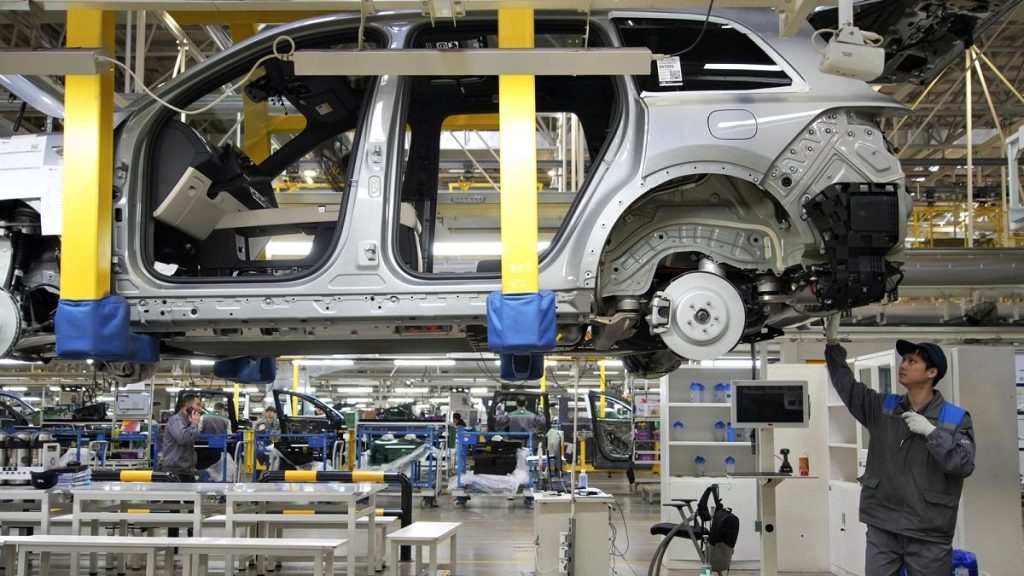Brussels is concerned about the increasing import of Chinese electric vehicles (EVs) and the impact it could have on the competitiveness of the European EV sector. The European Commission has launched an anti-subsidy investigation into Chinese-made EVs, suspecting that they are being sold at lower prices due to state aid provided by the Chinese government. The investigation is nearing completion, with provisional duties expected to be announced soon. The initial deadline for the investigation has been delayed until after the European Parliament elections. However, China has raised objections to the investigation, calling it protectionist and threatening to take necessary measures to protect its interests if the EU proceeds.
The China Chamber of Commerce to the EU (CCCEU) has warned that if the EU imposes additional tariffs on Chinese EVs, China could retaliate by raising duties on imported large-engine vehicles or targeting sales of French brandy. Member states, such as Sweden and Ireland, have expressed reservations about the potential impact of the investigation on trade relations with China and have emphasized the importance of maintaining free and open markets. Germany, a major car exporter, and Hungary, which seeks Chinese investment, have also raised doubts and opposition to the investigation. Despite concerns from some member states, the Commission remains committed to conducting a facts-based investigation to level the playing field in the EV sector.
The Commission estimates that Chinese EV brands, such as BYD, Nio, and Xpeng, have already captured 8% of the European market for electric cars, with projections indicating a potential increase to 15% by 2025. A report by Rhodium Group shows that EU imports of China-made EVs have significantly increased from $1.6 billion in 2020 to $11.5 billion in 2023. The report suggests that duties might be imposed in the range of 15-30%, but warns that Chinese brands could adjust pricing to resist the increase. The US administration’s recent announcement of a 100% hike in tariffs has further pressured Brussels to take a stronger stance on the issue.
The Chinese government has urged the EU to stop the investigation to avoid disrupting economic and trade cooperation between China and the EU. China’s Foreign Ministry spokesperson has threatened to take necessary measures to protect China’s interests if the EU continues with the investigation. The specter of Chinese retaliation, including potential tariffs on European carmakers or other products, has caused concern among member states and could impact the decision-making process on whether to approve additional tariffs. Despite political reservations and doubts from some member states, the Commission remains focused on conducting a thorough investigation to address market distortions in the EV sector.
The potential imposition of additional tariffs on Chinese EVs has sparked tensions between China and the EU, with China warning of retaliation if the investigation proceeds. Member states, including Sweden, Ireland, Germany, and Hungary, have expressed reservations and opposition to the investigation, citing concerns about the impact on trade relations and the importance of open markets. The Commission, however, maintains that the investigation is facts-based and essential to leveling the playing field in the rapidly growing EV sector. The rise in imports of Chinese EVs has raised concerns about the competitiveness of European EV manufacturers and the potential need for protective measures to address market distortions. As the investigation progresses, the EU will need to navigate political tensions and potential retaliation from China to protect its economic interests.


